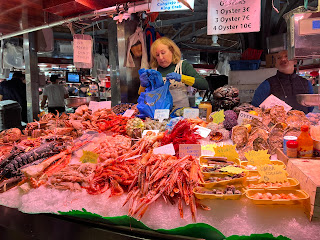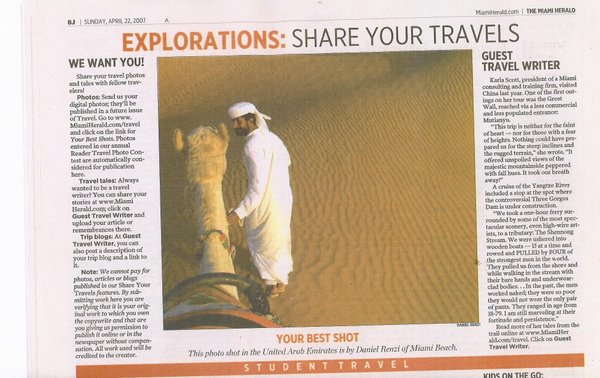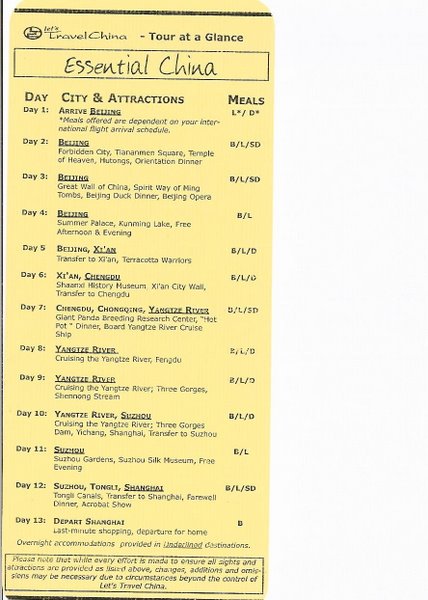I have been to China and I teach English online to students who live in China. (10,000+ classes). I hope you find this helpful!
✈️ What Americans Should Know Before Visiting China for the First Time
1. 💳 China Is a Largely Cashless Society
China has transitioned rapidly to a digital payment system. Credit cards from U.S. banks are rarely accepted, and cash is hardly used in major cities. Most people pay for everything—from street food to hospital visits—using mobile apps like WeChat Pay or Alipay. These apps now accept foreign credit cards, but it’s best to set them up before you arrive.
2. 🌐 You’ll Need a VPN to Access the Internet Freely
Many familiar websites and apps—like Google, Gmail, Facebook, Instagram, WhatsApp, YouTube, and even the New York Times—are blocked in mainland China. If you want to access them, download and set up a VPN (Virtual Private Network) on your devices before entering China, as VPNs can be hard to download once you’re there.
3. 🗣️ Many Younger Adults Speak Basic English
Due to mandatory English education in schools, most people under 40 have studied English. That said, fluency varies and outside of large cities, English may be rare. A translation app (like Google Translate or Pleco for Chinese) can be incredibly helpful.
Some of my students’ “helicopter parents” speak English as well as an American.
4. 📱 WeChat Is Essential
WeChat is far more than a messaging app—it’s used for paying bills, booking appointments, shopping, calling taxis, and even scanning QR codes at restaurants to order food. You’ll likely need it to function smoothly in urban areas. Set up your account in advance.
5. 🚄 World-Class High-Speed Rail Network
China is home to some of the fastest and most extensive bullet trains in the world, connecting even remote regions with astonishing efficiency. Trains can travel over 215 mph (350 km/h), making them a great alternative to flying between cities.
6. 🏙️ Major Cities Are Ultra-Modern and Digitally Advanced
Cities like Shanghai, Beijing, Shenzhen, and Guangzhou are cutting-edge metropolises filled with futuristic skylines, contactless services, AI-integrated shopping, and smart public infrastructure. The level of digital integration can even surpass that of the U.S. in many ways.
7. 🧼 Public Hygiene Norms Can Vary
You may notice differences in bathroom facilities (many are squat toilets), and you should always carry tissues and hand sanitizer, as soap and toilet paper aren’t always provided in public restrooms.
8. 🚦Cultural Norms Around Personal Space and Crowds
China is densely populated, especially in urban areas. Expect crowds, close quarters, and fast-paced movement in metros and public spaces. It’s normal for people to push through lines or stand closely—this isn’t rudeness, but a reflection of a different cultural norm.
9. 🍚 Food Is Diverse and Regionally Distinct
Chinese cuisine is vast and varies by province. Don’t expect American Chinese food. Be adventurous—try Sichuan hot pot, dim sum in Guangdong, Peking duck in Beijing, or noodles in Xi’an. Street food is delicious, but choose busy, clean vendors.
10. 📵 Censorship and Surveillance Are Real
China has a tightly controlled media landscape, and surveillance is widespread. You’ll notice cameras in public spaces and may need to scan a passport for Wi-Fi access. Avoid discussing politically sensitive topics like Taiwan, Hong Kong protests, or Tiananmen Square.
11. 📶 SIM Cards and eSIMs Are Useful
For internet access, consider buying a Chinese SIM card or an international eSIM before arrival. Some airports have SIM vending machines, and eSIMs can be purchased online and activated instantly.
12. 🎟️ Tourist Sites Are Popular—Book in Advance
Top attractions like the Forbidden City, Terracotta Warriors, and Great Wall sections often require reservations and can sell out. Use Trip.com, Klook, or a local app to book early.
13. 🧧 Face and Etiquette Matter
“Face” (respect, dignity, reputation) is very important in Chinese culture. Politeness, patience, and humility go a long way. Avoid public criticism or confrontation.
14. 🧳 Customs and Entry Rules
China has strict customs laws. Don’t bring politically sensitive materials, large amounts of medication without documentation, or drone equipment without checking regulations.
15. 📍China Is Vast and Diverse
China is not just Beijing and Shanghai—it spans deserts, beaches, rice terraces, ancient villages, megacities, Buddhist temples, and futuristic tech zones. Each region has its own language dialect, cuisine, and customs.
⸻












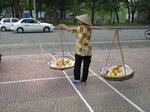



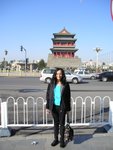
.jpg)








